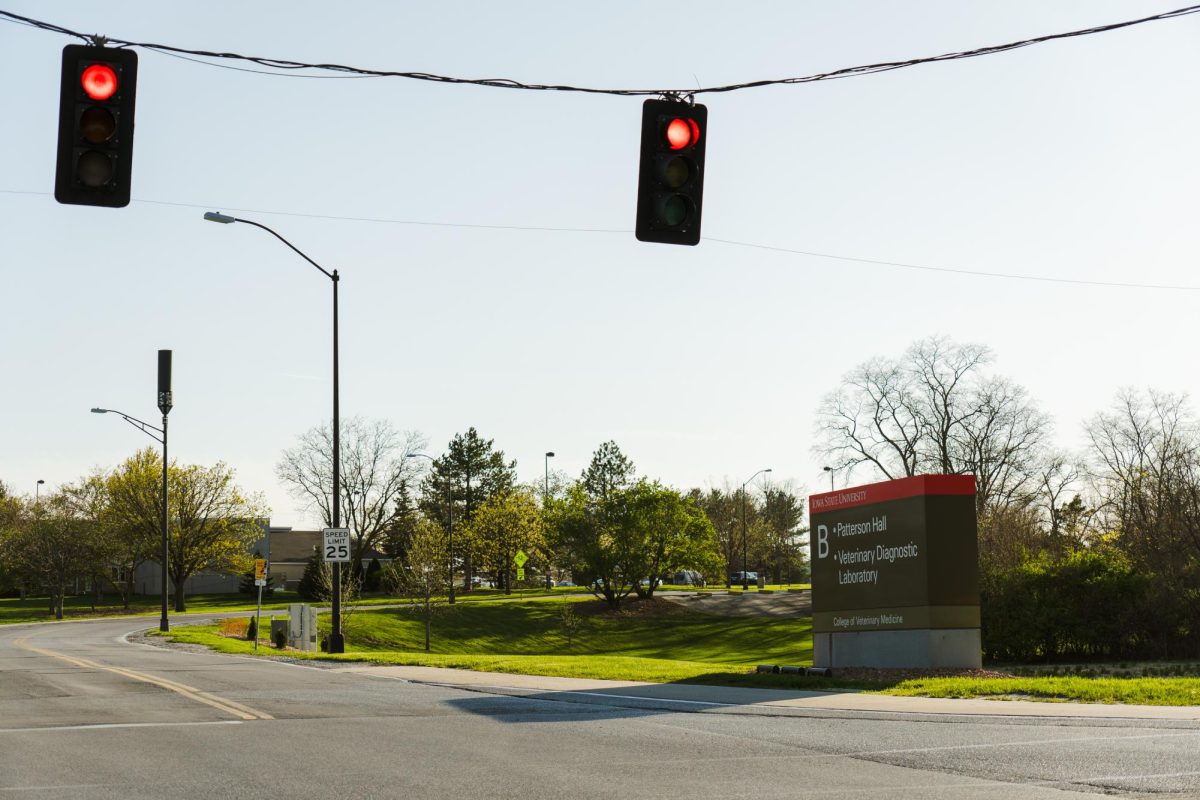GSB set to fight tuition proposal
October 16, 2000
Student leaders from Iowa State and the University of Northern Iowa are preparing to make their final plea to the state Board of Regents Thursday before it votes to set next year’s cost of education.
In September, the Board of Regents proposed a 9.9 percent increase in tuition for Iowa State and Northern Iowa for the 2001-2002 school year. An increase of 9.3 percent was proposed for the University of Iowa.
Student government representatives from the three regent universities spent the summer working on a triple-tiered protest against the increase after the state Legislature stripped millions of dollars from the proposed regent-school budgets last spring.
However, on Sept. 11, two days before the regents met in Iowa City, the U of I Student Government voted to endorse a 9.9 percent increase that was proposed by U of I President Mary Sue Coleman.
ISU and UNI student government officials still are united in their request for a 7.2 percent increase to preserve the accessibility and affordability of the universities without jeopardizing the quality, said Andy Tofilon, co-director of intergovernmental affairs for the Government of the Student Body.
“UNI still firmly supports us, and they are helping us formulate strong reasoning for why [the regents] shouldn’t raise tuition 9.9 percent,” he said.
GSB officials launched a student letter-writing campaign last week, visiting dorm-floor meetings and greek-house meetings to explain the increase and encourage students to write to the regents, detailing how the increase would affect them individually, Tofilon said.
“We want to make sure that every student on this campus knows that the regents can and will raise their tuition 9.9 percent,” he said. “But, there is something they can do about it. We have gotten very, very favorable responses. We also are encouraging students to come to the regent meeting. Their simple presence there is going to speak volumes to the regents.”
UNI student government executive members and a few students are planning to come to Ames for the meeting, reinforcing the plea for a smaller increase, said Mike Russell, vice president of the UNI student government.
“First of all, we feel it shouldn’t be the students’ responsibility to make up for Legislative cutbacks,” Russell said. “We’re also looking at it from the perspective that a 9.9 percent increase is really going to hit students hard in the pocketbooks.”
The rising cost of education at regent schools, Russell said, could drive students away from the universities into community colleges.
“Obviously, the affordability and the accessibility [of education] are closely related, and if this is approved, it will be almost a 15 percent increase over the last two years,” he said. “Right now, we’re fortunate that our schools are fairly good bargains. We want to keep it that way.”
U of I student government representatives also will make a presentation to the regents, but they primarily will address how U of I students want to see their tuition money spent, based on an Iowa Student Information System Web survey, said Christopher Linn, UISG vice president.
“The No. 1 thing students said they would like to see their tuition go to was financial aid,” he said. “No. 2 was improvement in curriculum, and No. 3 was improvements in buildings.”
To avoid future double-digit increases, Linn said, U of I students recommended increasing tuition only for incoming students, or offering a guarantee to students that they would pay one tuition rate for the duration of their enrollment.
Last October, the regents approved a 4.3 percent increase for the three universities, despite protests from student government representatives. The 4.3 percent was consistent with the national-average increase of 4.4 percent for this year for public four-year institutions, according to the College Board.
The regents will meet Wednesday and Thursday in the Sun Room of the Memorial Union. The vote on the tuition increase will take place Thursday between 9 a.m. and noon, Tofilon said, and students are encouraged to attend.
“We think the regents need to be reminded that this increase is not just a number on a piece of paper, but it will actually have an adverse effect on students’ lives,” he said.









